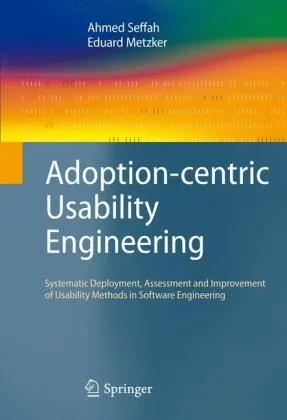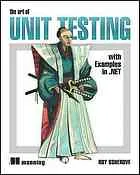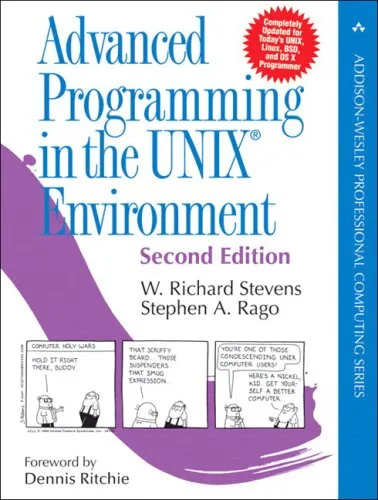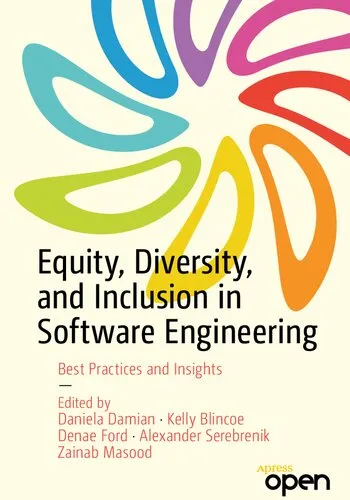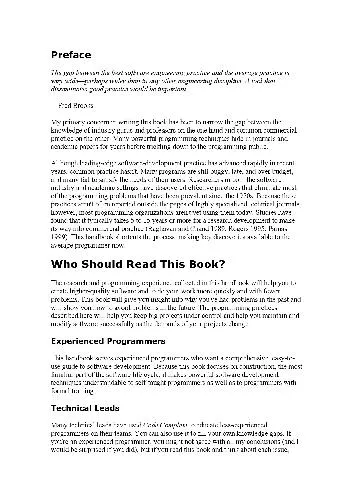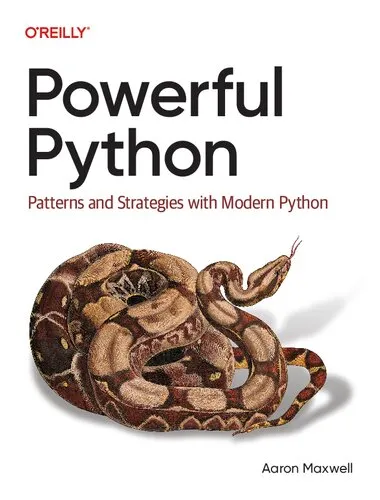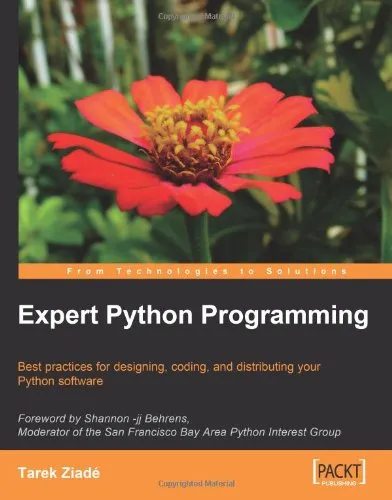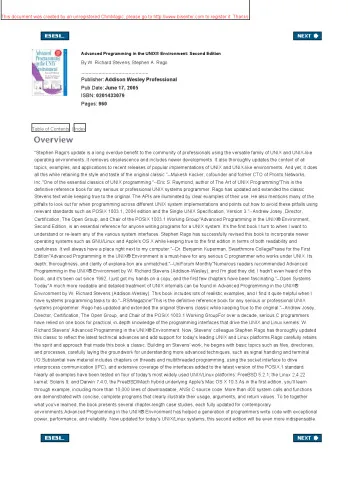Software Engineering: Basic Principles and Best Practices
5.0
Reviews from our users

You Can Ask your questions from this book's AI after Login
Each download or ask from book AI costs 2 points. To earn more free points, please visit the Points Guide Page and complete some valuable actions.Related Refrences:
Persian Summary
Introduction to Software Engineering: Basic Principles and Best Practices
Welcome to a comprehensive exploration into the world of software engineering, where foundational principles meet industry-tested practices to equip you with the tools necessary for crafting robust, scalable software. This book, "Software Engineering: Basic Principles and Best Practices", serves as both a roadmap and a toolkit for navigating the complex landscape of software development. Whether you're a student eager to absorb the foundational concepts or a seasoned engineer looking to refine your craft, this book provides essential insights and guidelines to streamline your processes and enhance your outcomes.
Detailed Summary of the Book
Spanning across several meticulously crafted chapters, "Software Engineering: Basic Principles and Best Practices" begins by grounding readers in the foundational theories of software engineering. It then progressively delves into advanced topics while balancing theoretical discussions with real-world applications. Starting with the history and evolution of software engineering, the book details the core principles that govern well-engineered software products. Readers will explore topics such as software development life cycles, requirements engineering, and system architecture.
Beyond foundational knowledge, the book transitions into practical methodologies including Agile, DevOps, and Lean practices, providing clear distinctions among them and advising when each is most applicable. Case studies are interwoven to provide context, illustrating how principles are applied in different scenarios.
Further, this book addresses contemporary challenges and opportunities arising from trends like cloud computing, AI integration, and cybersecurity. Each topic is discussed with an emphasis on how to maintain best practices to ensure software remains reliable, secure, and maintainable. Ultimately, the book aims to bridge the gap between theoretical knowledge and practical application, fostering a deep understanding of how best practices can be tailored to meet the unique needs of various industries and projects.
Key Takeaways
- Understanding the full software development life cycle and how to manage each stage effectively.
- Fostering a mindset that balances innovation with discipline to adhere to best practices.
- Insights into various development methodologies including Agile, Scrum, and DevOps, and guidance on their implementation.
- Practical strategies for requirements gathering, software design, testing, and maintenance.
- Knowledge on the latest trends in software engineering, including cloud technologies and AI.
Famous Quotes from the Book
"Innovation without direction is like a boat without a rudder - aimless and ineffective."
"The best software is crafted with precision, where every line of code serves a purpose and each design promotes clarity."
"In the ever-evolving field of software, the commitment to continuous learning and adaptation is not optional, but imperative."
Why This Book Matters
This book is not just another guide to software engineering. It stands out by offering a holistic view of the discipline, addressing both time-tested principles and emerging trends. In today's fast-paced technology landscape, keeping up with changes and understanding their implications has never been more crucial. "Software Engineering: Basic Principles and Best Practices" addresses this need by providing reliable frameworks and adaptable strategies that help professionals meet contemporary challenges.
Furthermore, the insights and methodologies detailed in this book are essential for fostering a culture of quality and accountability in software development. By adhering to these best practices, engineers can ensure that their software is not only functional but also sustainable and forward-compatible. This book empowers readers to become leaders in their field, equipped with the knowledge and skills to drive innovation while maintaining excellence at every stage of software development.
Free Direct Download
You Can Download this book after Login
Accessing books through legal platforms and public libraries not only supports the rights of authors and publishers but also contributes to the sustainability of reading culture. Before downloading, please take a moment to consider these options.
Find this book on other platforms:
WorldCat helps you find books in libraries worldwide.
See ratings, reviews, and discussions on Goodreads.
Find and buy rare or used books on AbeBooks.
1786
بازدید5.0
امتیاز0
نظر98%
رضایتReviews:
5.0
Based on 0 users review
Questions & Answers
Ask questions about this book or help others by answering
No questions yet. Be the first to ask!


